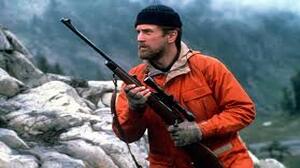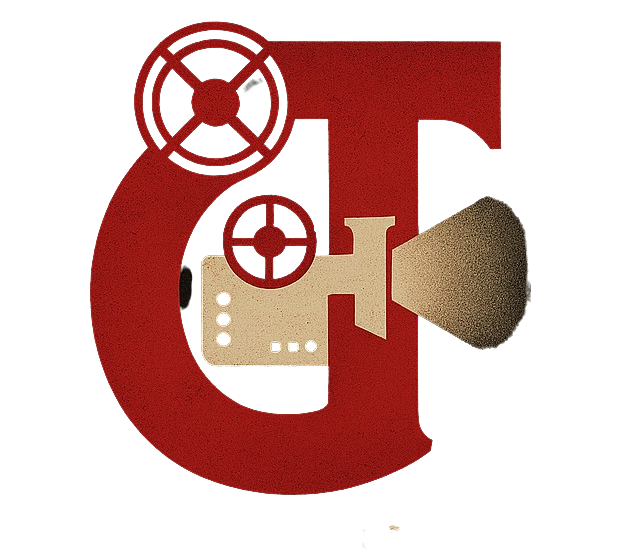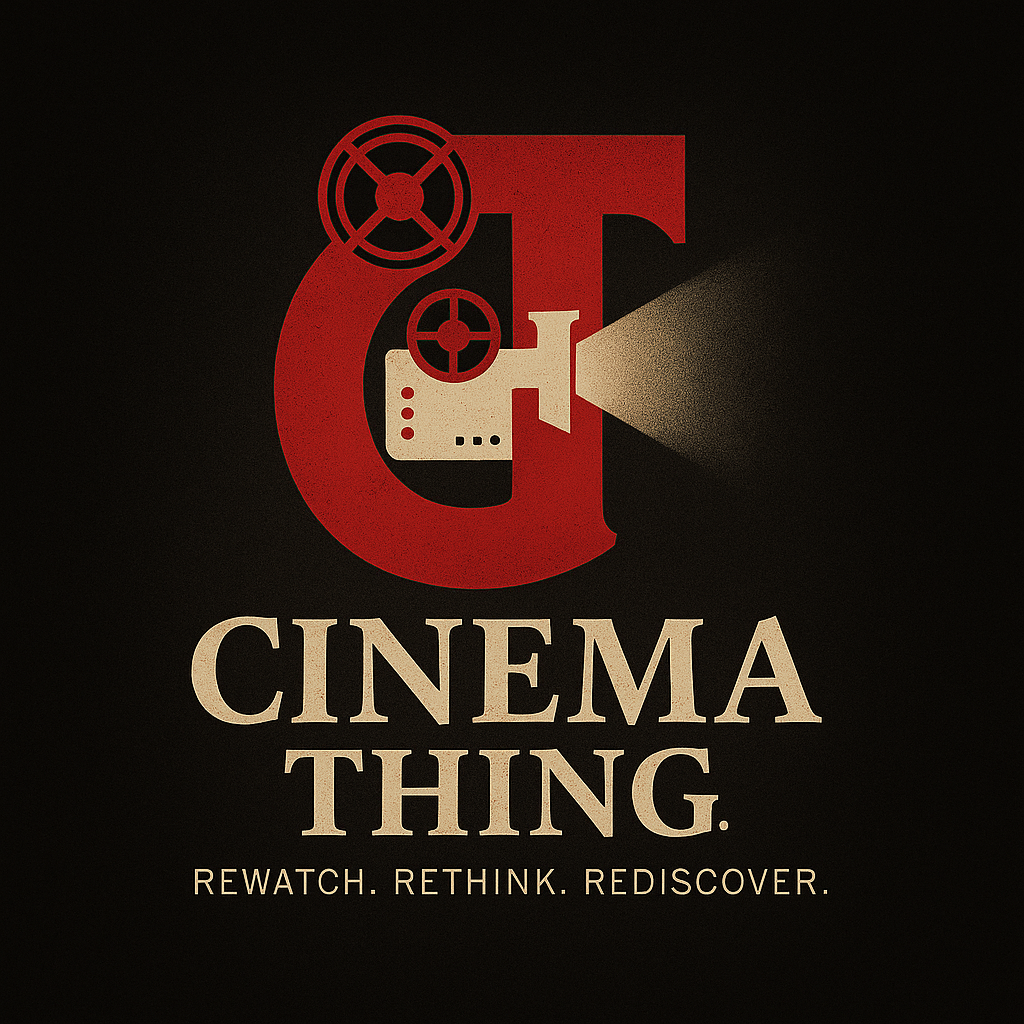The Deer Hunter

The impact of “Star Wars” on the film industry was both immediate and profound. Audiences had showed their enthusiasm for the high-concept escapism offered by the blockbuster summer fantasy, as well as for the sci-fi wonder exhibited by the year-end release of “Close Encounters of the Third Kind”. The string of box office successes would continue into the next year, highlighted by the summer release of the college fraternity comedy “Animal House” and the winter release of the comic book adventure “Superman”, movies specifically aimed at the young audience that had made the earlier films hits.
Released in July 1978, John Landis’ “Animal House” was born from the irreverent mind of National Lampoon founder and screenwriter Doug Kenney. Inspired by his college experiences and drawing on the satirical edge of his cult magazine as well as the just launched revolutionary TV sketch show “Saturday Night Live”, the film became a massive success. Grossing more than any comedy before it, the film catapulted John Belushi to stardom and redefined Hollywood humor with its subversive, raunchy tone. Its legacy endures as a cultural touchstone that shaped the comedy genre, influencing countless films and leaving an indelible mark on pop culture.
Coming in late December and representing the industry’s biggest gamble, father and son producers Alexander and Ilya Salkind released their long-gestating passion project, Richard Donner’s “Superman”. Filmed simultaneously with its future sequel, the movie cost over $50M and was lensed for the better part of two years, an unprecedented effort at the time. Defying expectations and establishing the comic book form on film, the movie delighted children of all ages with a perfectly balanced mix of heartfelt nostalgia and dazzling special effects.
Also continuing its trend from the prior year, the expanding acceptance of cult films and midnight movies by the theatergoing public would continue to extend the reach of horror into the mainstream market. This surge would prove to offer greater opportunity to not just genre filmmakers, but artists with an independent cinema background and aesthetic as well, allowing for an additional diversity of perspective to emerge. Against this backdrop, two directors released essential and groundbreaking films, one a pioneer in the rising era of the blockbuster and the other a throwback to the passing freedom offered to directors for their visions.
Released just before the October holiday, John Carpenter’s “Halloween” was an unanticipated and record-breaking hit, inventing the slasher flick that would dominate horror cinema for the next decade. Consistently imitated but rarely matched, its base terror is driven by the careful tension wound throughout, beginning with the chilling opening sequence that remains a model of masterful restraint through to its bleak and open-ended conclusion. Surprising low on body count and gore, the film owes much of its power to the suspense of Alfred Hitchcock, and benefits from first person perspective through the killer’s eyes to increase unease with the audience. Held together by original scream queen and future star Jamie Lee Curtis, audiences were enamored with Carpenter’s dark aesthetic.
The confidence and assurance with which Carpenter delivered his early classic seemed to announce the arrival of a new artist in film, a promise that he would deliver on in the next few years. Similarly, a second largely unknown figure would join the stage before year end and share a film that would both enlighten and enrage the public in equal measure. Its director would be crowned a visionary auteur and would struggle with the coronation for the remainder of his career.
Michael Cimino was not a name director when he took a routine meeting with EMI executives in the fall of 1976 and presented to them his as-yet-unscripted idea for an epic and expansive meditation on the just-ended Vietnam War. Shockingly, EMI approved his pitch, investing over two years and an eventual $15M into a difficult production resulting in an exhausting depiction of the mental and physical toll of war on the men who fought and the community they left behind. It would prove itself an unqualified success, both at the box office and on the awards circuit where it would win five Oscars, including Best Director and Best Picture.
Great cinema casts a wide net, encompassing films that satisfy and entertain as well as others that challenge and unnerve. Simply put, it includes both “The Godfather” and “The Godfather Part II”, the first a seamlessly crafted, clear and flawless telling of the cost of power, loyalty and family, and the second a complex, confusing and brilliant study of the effect of ambition, corruption and isolation. Both are masterworks, endlessly watchable, and wholly satisfying, although for different and often contrary reasons.
For every “Rocky”, a great year will also need a “Taxi Driver”; for every “Cuckoo’s Nest”, a great actor will also want a “Chinatown”. Morally ambiguous and hard to fully embrace, these movie asks questions which have no answer, and blur the line between what is morally right and inherently wrong. Their narratives can be convoluted, and their messages unclear, but the impressions they leave can be potent and unshakable.
“The Deer Hunter” is a difficult film. Alternately slow, awkward, harrowing and somber, the craftmanship is undeniably immersive, introducing a fully inhabited community over the course of a near hour long wedding reception, suddenly dropping the viewer into the insanity of the battlefield before returning stateside to witness what has been visited upon these characters. And while the war section has lost none of its visceral power (even as it has aged badly in its depiction of the enemy), it is the emotional and psychological destruction the conflict has caused that leave the film its legacy.
Immensely beautiful in its cinematography and hauntingly unforgettable in its performances, the movie itself provides no closure. It speaks neither for the war or against it, ending with a rendition of God Bless America that is equal parts aspirational and nihilistic. The wounds remain unhealed, the characters eternally broken, unable to regain what was taken, unsure how to measure what was lost.


1 thought on “The Deer Hunter”
Pingback: Heaven's Gate - Cinema Thing